Sharing the benefits of the ocean
What should the new UN agreement say about the conservation and sustainable use of marine biodiversity in areas beyond national jurisdiction?
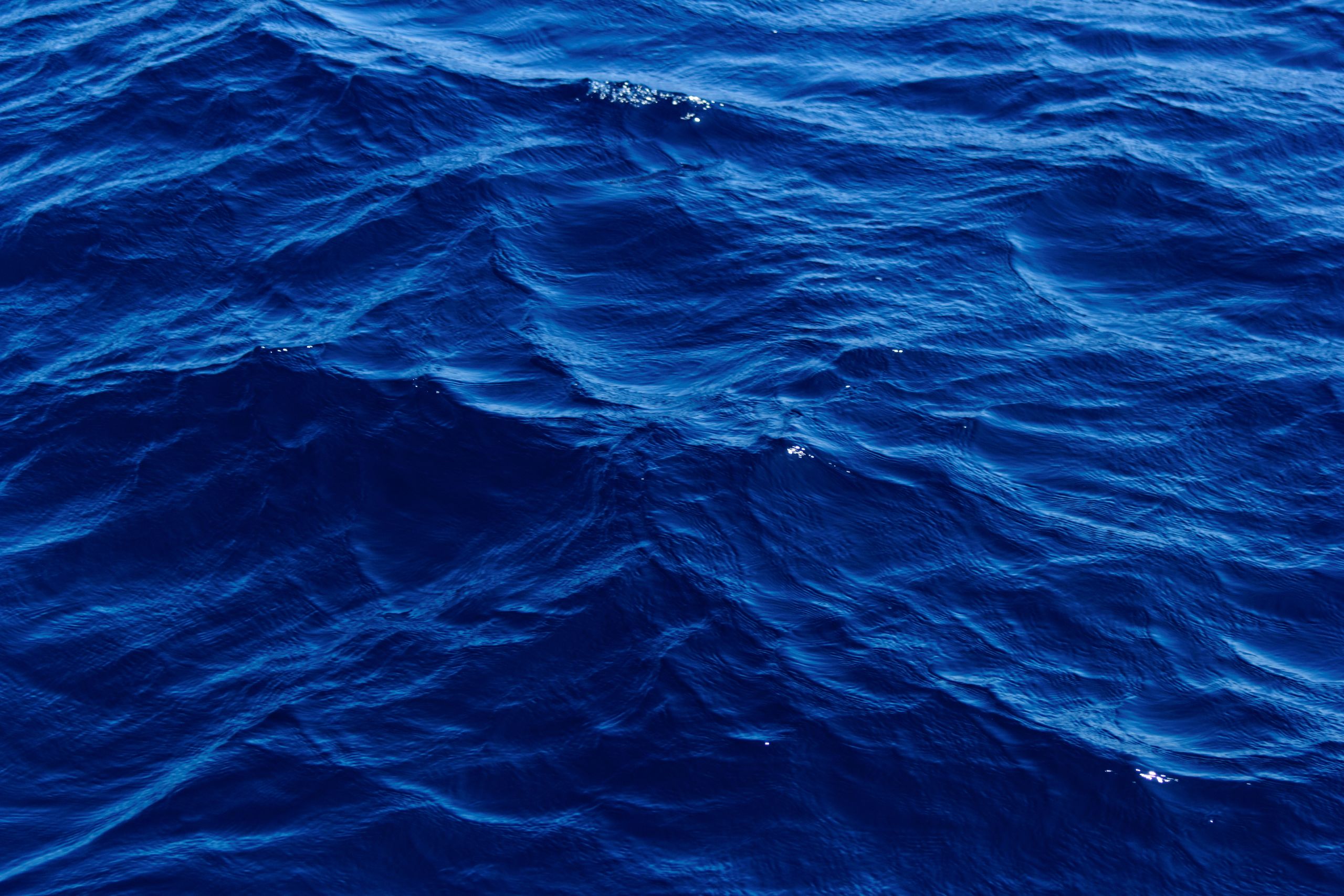
The international community is currently in the process of negotiating a new international legally-binding instrument under the United Nations Convention on Laws of the Sea to regulate marine biodiversity beyond national jurisdiction.
Launched by the UN General Assembly in 2004, the purpose of the “biodiversity beyond national jurisdiction” (BBNJ) process was to assess the status of conservation and sustainable use of marine biodiversity in areas beyond national jurisdiction and to investigate the potential need for further international cooperation.
Building on past work, in 2020 University of Aberdeen colleagues from Chemistry (led by Professor Marcel Jaspars, a world-leading authority on marine biodiscovery) and from Law (led by Professor Abbe Brown, well known internationally for her legal work on intellectual property) are working to inform and assist country delegates and wider stakeholders - from private individuals to special activists to industry- to stimulate debate and progress on this important issue for us all.
One important theme in the negotiations is the benefits which can be obtained from the oceans in developing new medicines and other products: how can this be brought about in a sustainable way and how can key medicines, information and technology be shared widely bearing in mind legal obligations regarding intellectual property.
We have produced a series of videos exploring the relationship between intellectual property and marine biodiscovery in the context of ongoing negotiations of a new agreement under the United Nations Convention on the Law of the Sea, on the conservation and sustainable use of marine biological diversity of areas beyond national jurisdiction.
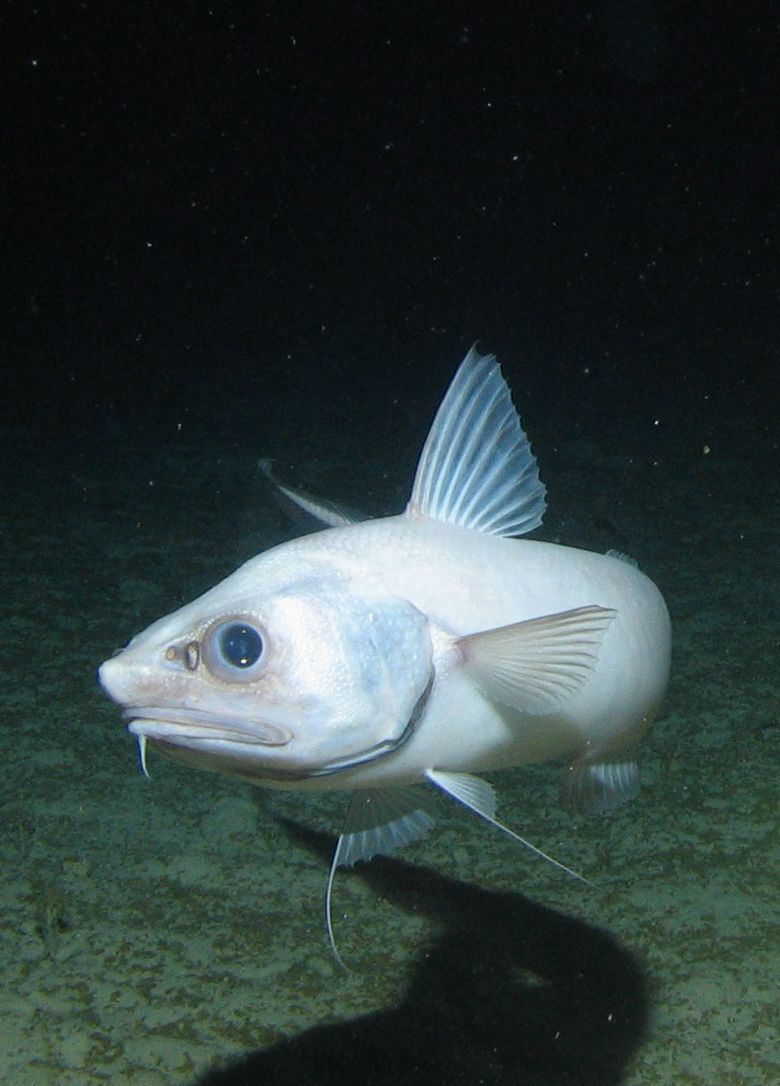
Image credit: OceanLab, University of Aberdeen
Image credit: OceanLab, University of Aberdeen
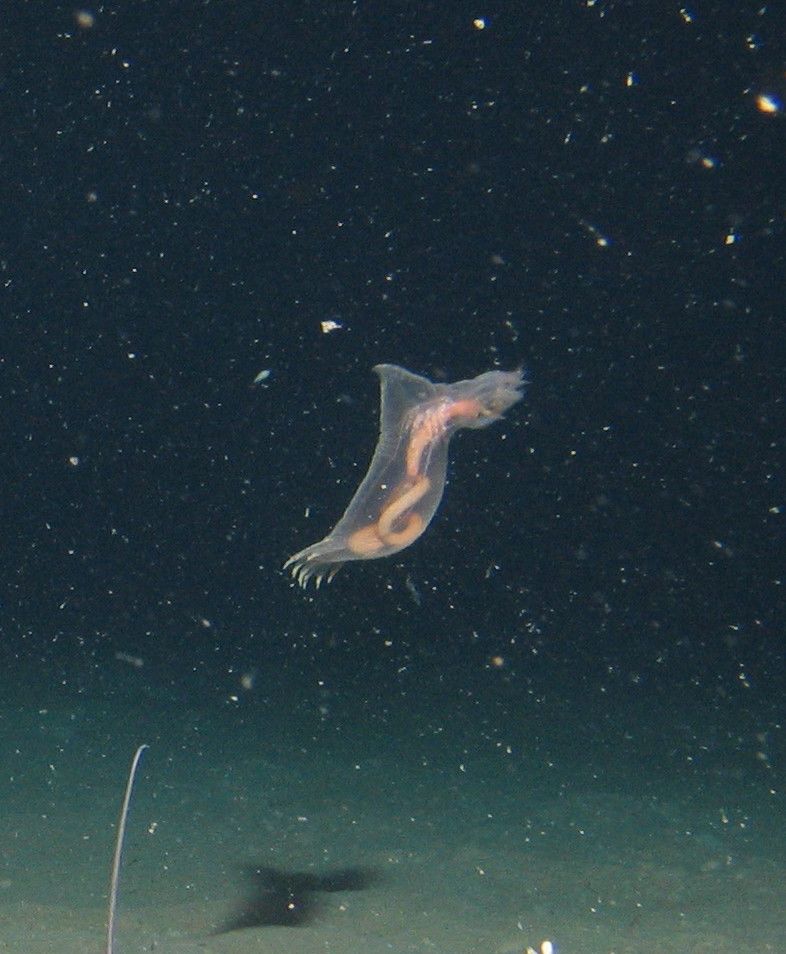
Image credit: OceanLab, University of Aberdeen
Image credit: OceanLab, University of Aberdeen
An introduction to marine biodiscovery
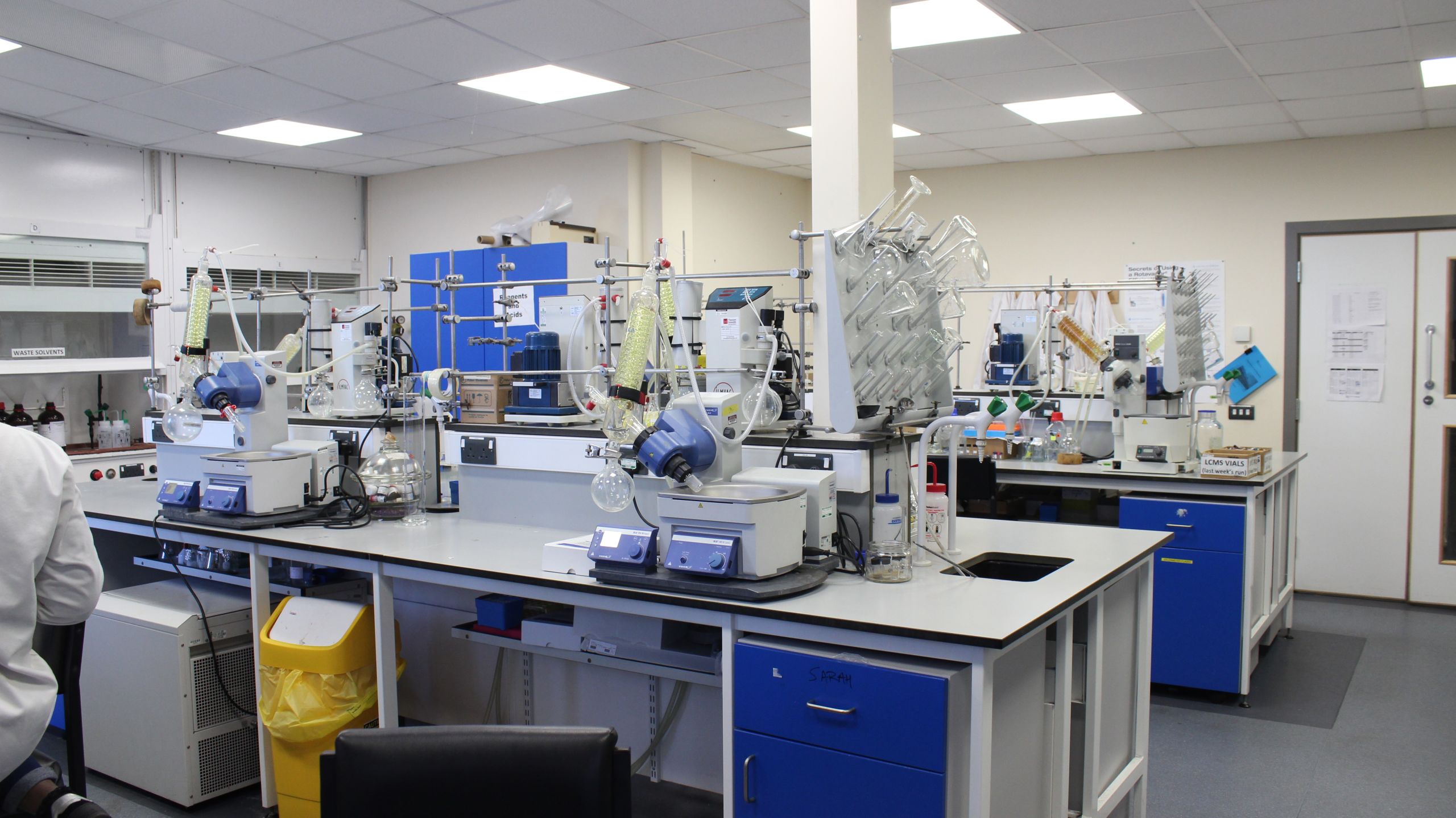
Marine biodiscovery is the process of discovering new products and processes from marine biodiversity and producing them in a sustainable way. Marine derived medical treatments are available for cancer, pain and heart disease and the oceans have also been used to discover greener and cleaner industrial processes. This video explains how the process works and the steps that are taken to get from the seabed to the clinic.
An introduction to intellectual property

Intellectual property rights give the right to control the results of innovation and creativity. This is argued to encourage and reward innovation and creativity and can also mean that the results can be the subject of too much private control. This video introduces the legal and philosophical bases for intellectual property rights and also trade secrets, explores the process by which they come to exist and the power they confer.
Combining worlds: chemistry, intellectual property law and new approaches to the areas beyond national jurisdiction
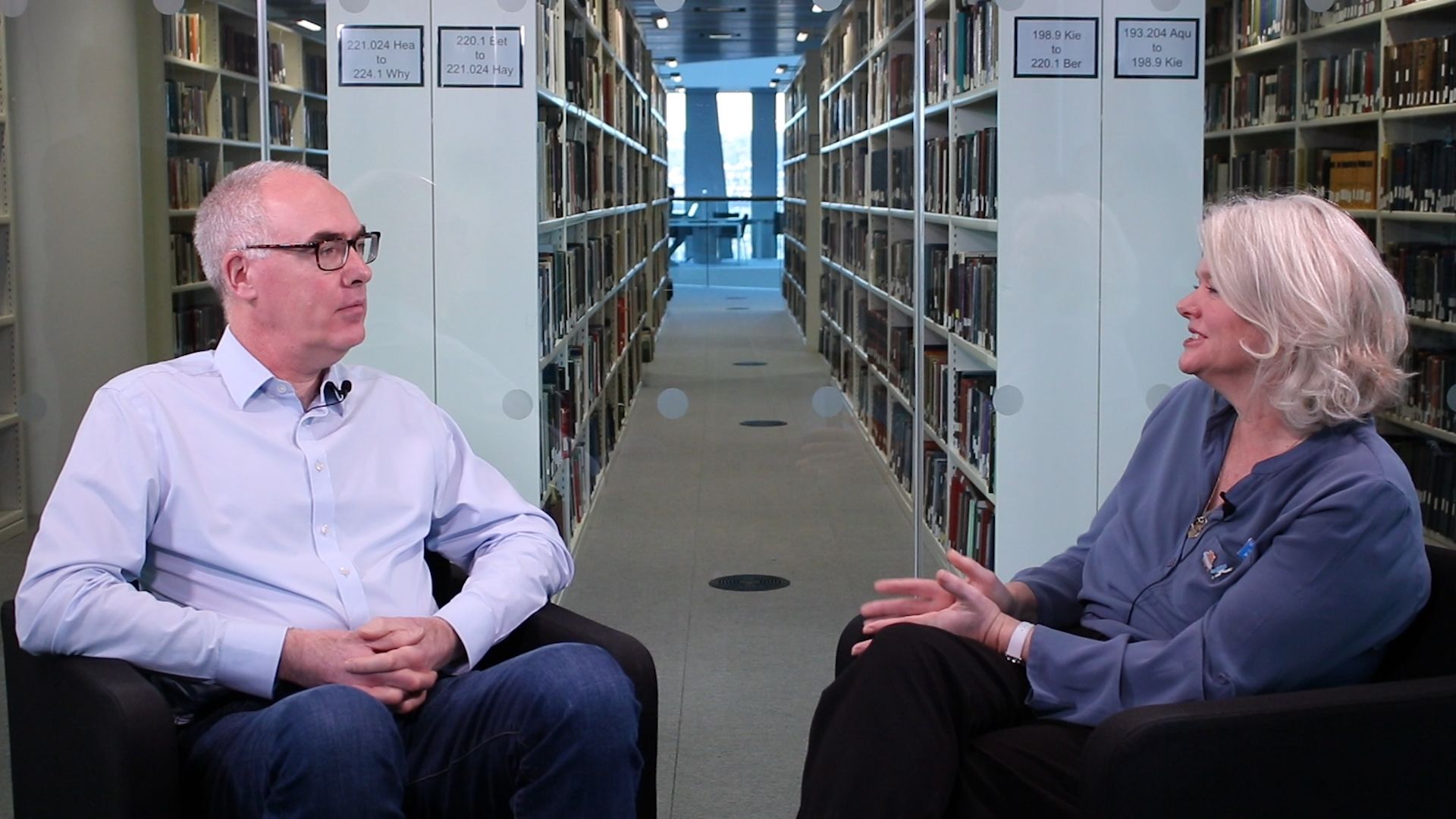
This video features an informal discussion between an expert in marine biodiscovery chemistry and an expert in intellectual property law. Marcel Jaspars and Abbe Brown learn from and challenge each other, explore how one field can be affected by the other, particularly in relation to marine genetic resources, and develop some possibilities for a pragmatic and workable outcome in the United Nations negotiations in the areas beyond national jurisdiction.
Quick quiz
What did I learn from the videos?
Public event in Edinburgh - January 2020
On 22 January, we explored IP, science and public campaigning at our public event where we heard from a panel of diplomats, environmental activists and scientists with a lively Q&A discussion.
The event accompanied a workshop at the Royal Society of Edinburgh, supported by the RSE, the University of Aberdeen, Atlas and iAtlantic and the Deep Ocean Stewardship Initiative. Held on a Chatham House basis, the event was attended by diplomats, policy makers, academics, activists, intergovernmental organisations, non-governmental organisations and industry. The goal was to explore and challenge possibilities and assist moving towards a consensus.
A constructive and valuable discussion took place and a report will be available shortly here.
The Song of the Ocean
Our interdisciplinary collaboration has expanded to include the arts to raise further public awareness of the importance of the ocean for us all.
Science and art are natural friends: one often inspires the other. In this unique collaboration, Marcel Jaspars (chemist) and Abbe Brown (law) team up with ‘the nation’s favourite living composer’ Professor Paul Mealor and internationally acclaimed poet, Dr Grahame Davies to produce a ‘Song of the Ocean’. Composer and conductor Paul Mealor, known for his work for the wedding of Prince William and Kate and the Christmas No 1, Wherever You Are for the Military Wives Choir, has composed a new work highlighting the issues of deep sea biodiversity to new words by Dr Grahame Davies informed by the research carried out by Marcel Jaspars and Abbe Brown.
This piece of music is sung by a community choir of representatives from across the University of Aberdeen to highlight the major issues of environmental impacts upon our oceans, sustainability and planet protection.
In 2021, members of the choir joined an international virtual choir to record the song with the Philharmonia Orchestra. The virtual choir was drawn from the Deep Ocean Stewardship Initiative and its friends. This performance was endorsed and supported by the UNESCO Ocean Decade. You can watch the performance on Youtube here.
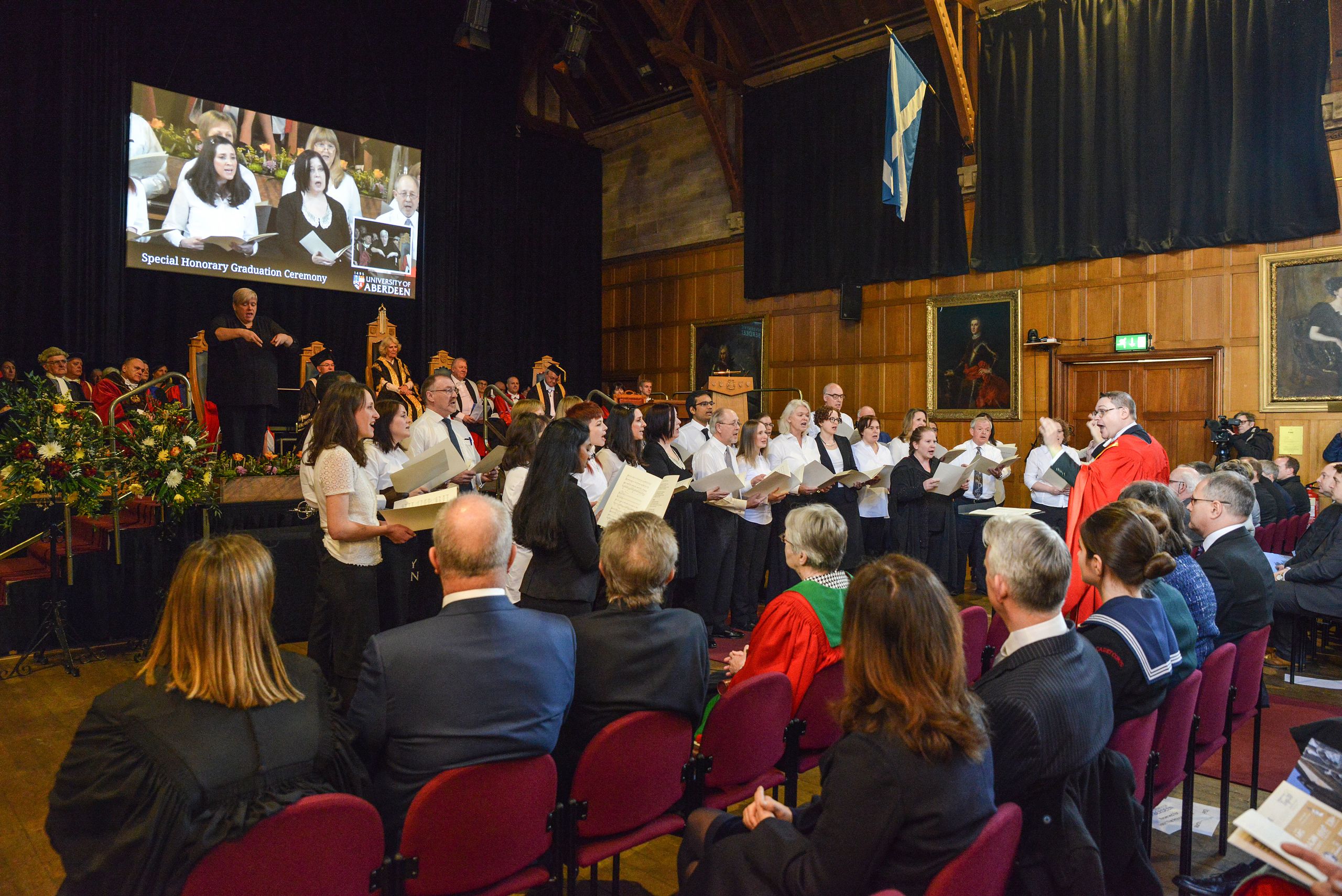
The Science Sings Choir performed Song of the Ocean at a special honorary graduation ceremony on Tuesday 14th January 2020
The Science Sings Choir performed Song of the Ocean at a special honorary graduation ceremony on Tuesday 14th January 2020
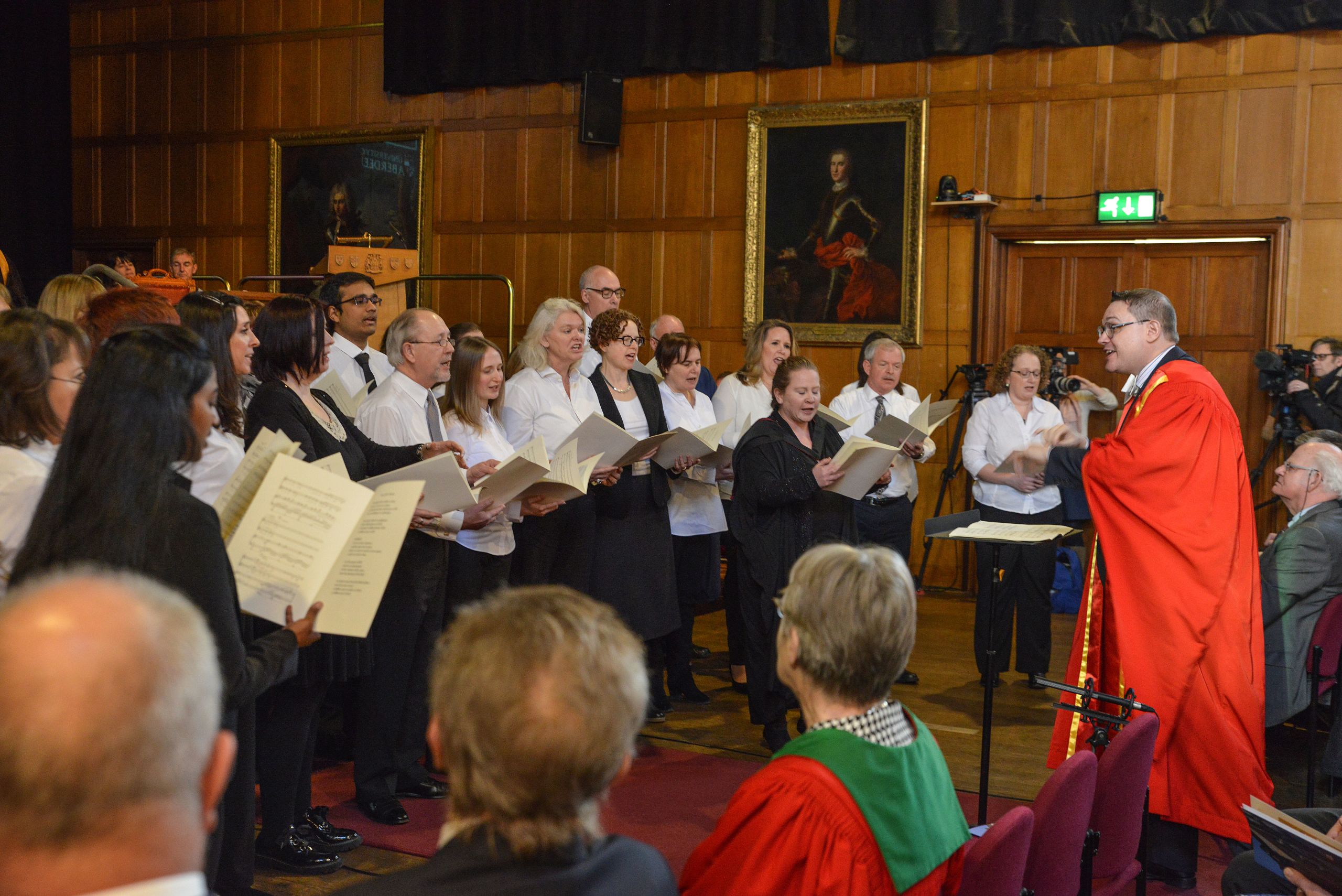
The Song of the Ocean
We mapped the endless oceans,
and gave each one a name,
as though the tides which gave us life
were something we could tame.
So let us take a journey,
and this time let us learn:
there’s a web we need to weave again,
a tide we need to turn.
From tiger shark to tardigrade,
from chlorophytes to krill,
We found a million forms of life,
a million ways to kill.
Let O2 speak to H2O
and let us understand:
there’s wisdom in the waters.
Let dawn come from the darkest place,
and let its rays reveal
a million ways to make us whole,
a million ways to heal.
Music: Paul Mealor
Poem: Grahame Davies
Performance: The Science Sings Choir
Conductor: Professor Paul Mealor
Piano: Dr John Frederick Hudson
Singing and health
Singing and being part of a community can make an important contribution to health, as well as the contribution made here to the future of the oceans. Here are some thoughts from our Community Choir.
"Even from the short time we got together it was great to be involved in promoting such a worthwhile venture and to learn more about the work being done by Abbe and Marcel. Its great to meet other University Staff, far more sociable than emails and phones, you feel uplifted by the music and knowing you have been part of a group that reached out to the audience. The song gets a message across to the public and they can then go and learn more about the project."
"Professor Mealor and Dr Hudson coaxed the best notes out of the Science Sings Choir beautifully and I'm sure I wasn't alone in feeling the full potential of our voices in singing out the big message of the song as one."
"I decided to sign up as I enjoy singing and have not had the opportunity to do it for over 2 years. I love singing in a group as you get so much positive energy from it and it can make you feel invigorated, especially after a long day at work! The added bonus for me was meeting people from all over the University and realising how diverse a place it is and yet here we all were for one purpose. I think that this was a genius idea to connect a song with science, it will raise the awareness of the issue of beyond national borders and connect with those not so involved with or knowledgeable about our oceans."
"I have been singing for years in various choirs and always enjoy making music with others. That we also got to sing about something so fundamentally important to life on Earth made this performance particularly special."
"Such a great idea to help raise public awareness about conservation and sustainable use of the world’s oceans and the UN agreement currently being negotiated to try and achieve this. When I read about this in the staff communication, it sounded like a fun way to support this initiative and so I took the plunge and really enjoyed the experience of singing in a choir. Was also very interesting to meet new people and hear about what they do at the University - from a curator of the University’s art collection to an engineer turned law post-graduate with an interest in mathematical reasoning behind legal processes."
"Joining the ‘Science Sings’ choir cured me of a case of the January Blues. It was so rewarding to spend a couple of days with colleagues I’d never met before, working together in a new way, and learning from two talented musicians. I have never sung in a choir before, but I’ll be back!"
"Taking part in this fantastic project was a joy and I still have the beautiful music in my head. The rehearsals were a huge amount of fun and it was such an honour to sing at the ceremony. This project is a great example of multi-disciplinary brilliance and I'm sure the music and message will go far and wide. Well done to everyone!"
"Biodiversity conservation is very close to both my professional and personal interests, and it’s been so lovely to be able to combine this with music in what feels like a truly interdisciplinary effort. Singing with the Science Sings choir was such an uplifting experience – and an unexpected side effect has been that I’m now listening to Paul Mealor’s choral music at every opportunity I get. It’s like a massage for the brain!"
